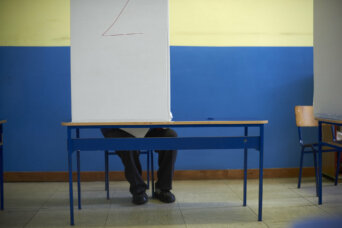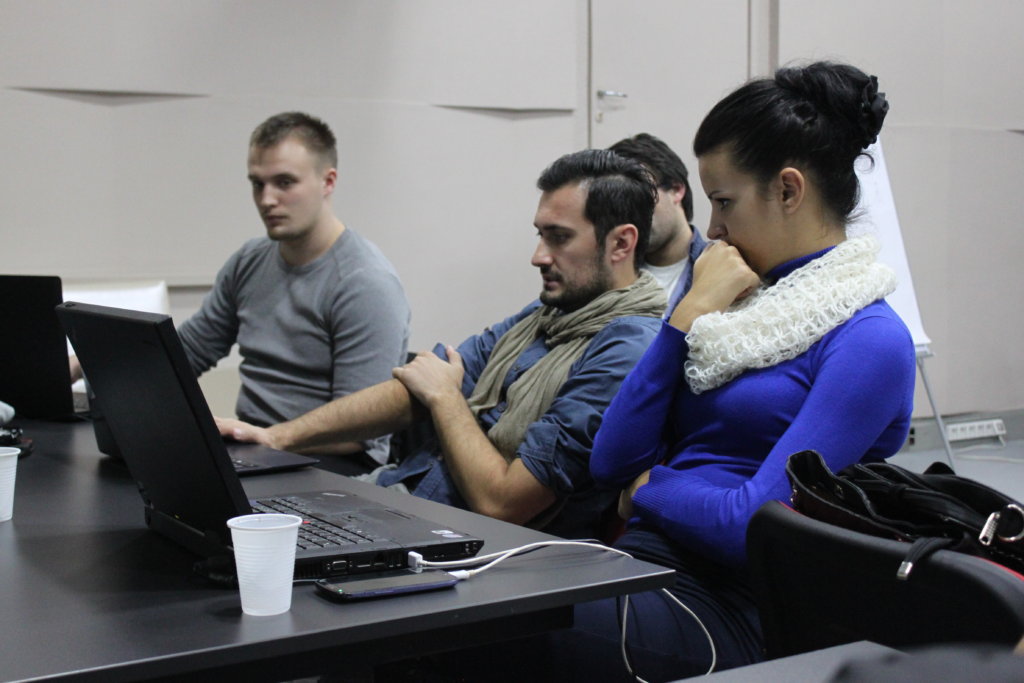- About
- Topics
- Picks
- Audio
- Story
- In-Depth
- Opinion
- News
- Donate
- Signup for our newsletterOur Editors' Best Picks.Send
Read, Debate: Engage.
| topic: | Election |
|---|---|
| located: | Bosnia and Herzegovina |
| editor: | Katarina Panić |
To all appearances, hate speech in Bosnia and Herzegovina is punishable mostly at the time of the election. So far, Bosnian Central Election Commission, CIK, have usually been sanctioning the intolerance towards political opponents as well as the spread of ethnic hatred in a deeply divided post-conflict society.
In this regard, the upcoming local election (NOV 15) is not the exception. CIK has just banned the rightists United Srpska from running in the polls because of its promo video which shows Albanians, Croats and Bosniaks as bitter enemies of Serbs in general.
Unlike all previous elections, last month CIK fined for the first time the hate speech directed against the LGBT community. The candidate for mayor of one of the municipalities in the capital Sarajevo Adna Pandžić was fined €1,500 after she called the pride march a "shame parade".
"Unfortunately, she didn't stop, so we had to complain again. Now, we expect CIK is going to ban her from the running the election," LGBT activist Branko Ćulibrk told FairPlanet.
However, none of these was charged by police, prosecutor, nor the court, but by state election body only.
"We have elections every other year, while hate speech is everywhere and all the time. Furthermore, many people are homophobic, not only politicians. Still, it is crucial to file the complaints to reduce the hate speech in the public sphere in due course," Branko added.
OSCE Mission to Bosnia and Herzegovina runs the Hate Monitor which presents all known bias-motivated incidents and responses to them by the justice sector, local authorities, and civil society.
"It often happens that the police reports the elements of hatred, while prosecutors refuse such qualification, being afraid they won't be able to prove the incentive. They rather deal with bodily injuries or endangering security, because it is easier to get the case," an OSCE rule of law official said to FairPlanet.
Branko had precisely such experience. Several times he was attacked in his hometown because of his sexual orientation. Five of them he reported.
"Police refused to investigate three attacks since I was alone and therefore had no witnesses. They investigated another two attacks and brought the assailants to the courts. However, in both cases, they got only fines, since it was about misdemeanours, not about the crimes. If the hatred would have been considered as a motive, they would be in jail," Branko concluded.
Photo : Sandro Weltin/©Council of Europe/cc2.0/flickr

